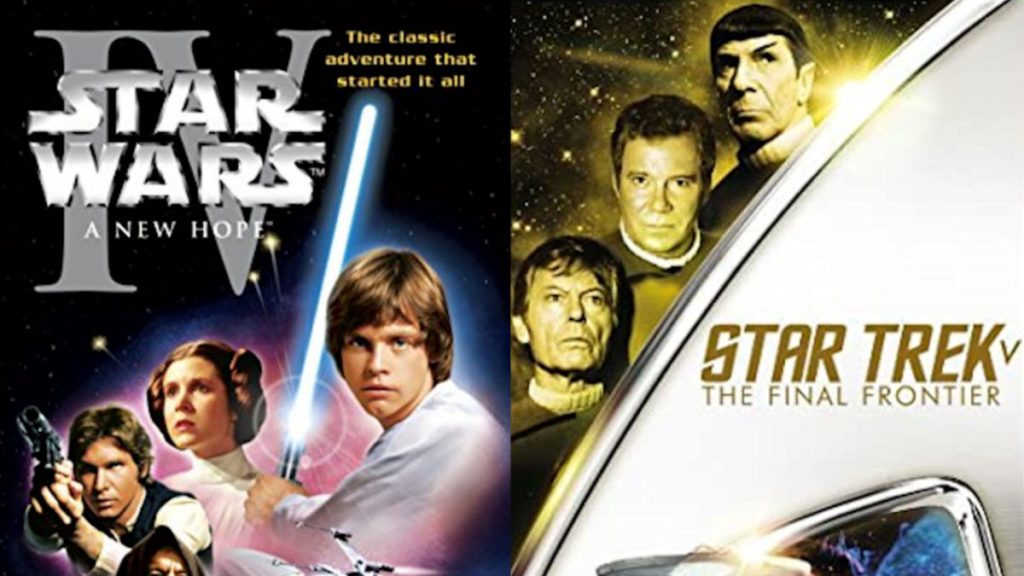For those with an advanced interest in Myers-Briggs typology and Jungian theory, there was a free 45-minute live webinar on Tue 3rd Sept as part of the BAPT ‘In Conversation’ series.
BAPT is the British Association of Psychological Type, primarily for those who use the MBTI® or alternative instruments in commercial applications (coaching, leadership development, team building, etc.). There was a discussion between BAPT’s Richard Owen and myself about the differences between Myers-Briggs and Jungian theory, and the future of typology. The webinar can be viewed at https://myers.co/baptconversation



